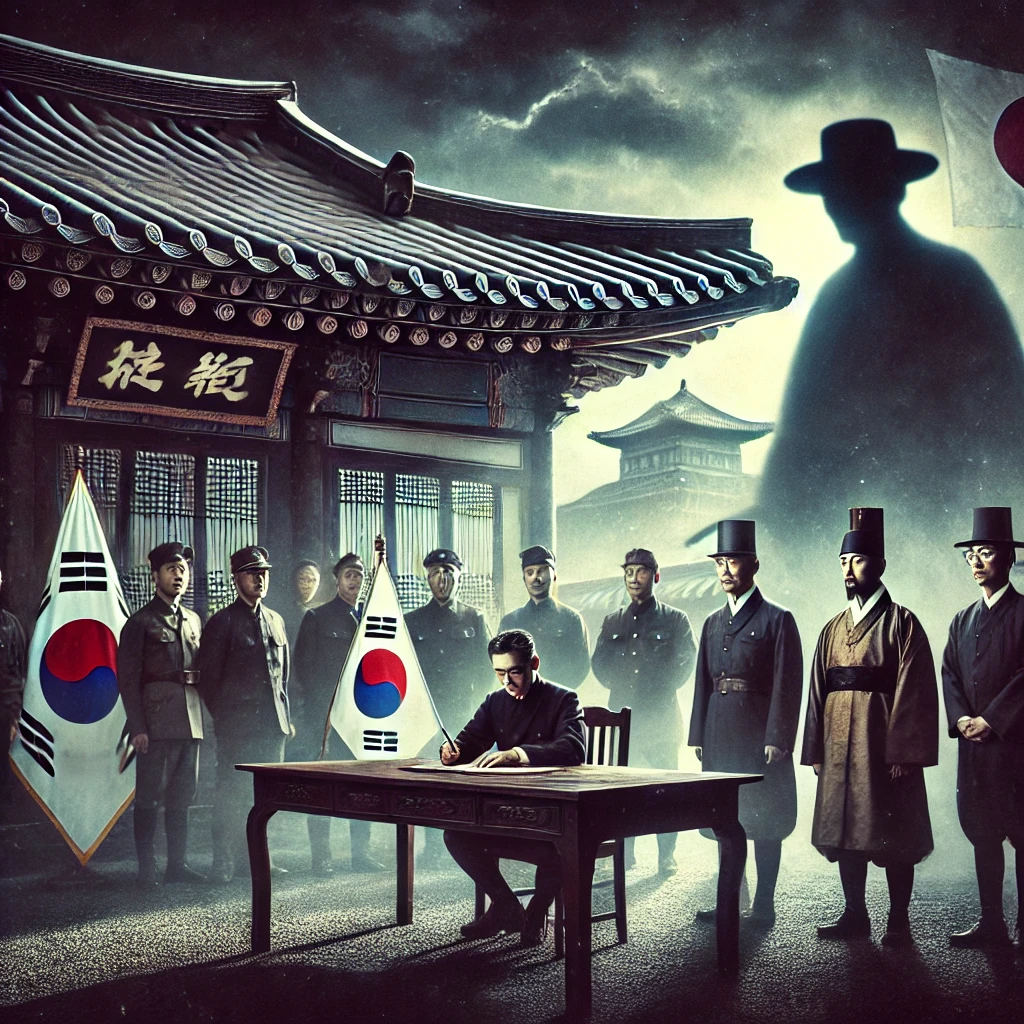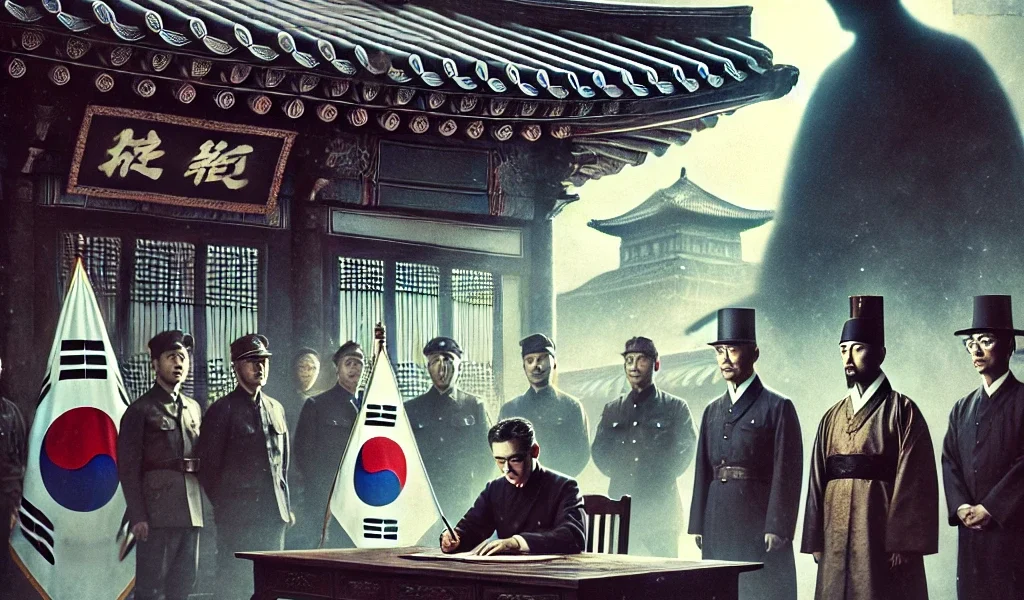“The Betrayal of Korea by Ye Wan-yong: A Deep Dive into History”
Introduction
Ye Wan-yong (1858-1926) is infamous in Korean history as the man who facilitated the country’s annexation by Japan in 1910. Once a trusted diplomat and servant of the Korean emperor, Ye’s name has become synonymous with betrayal and treachery. How did a man who once served his country’s best interests become its most reviled traitor? In this article, we will explore Ye Wan-yong’s life, the political context of his actions, and the impact of his decisions on Korean sovereignty.
Early Life and Diplomatic Career
Ye Wan-yong’s career began as a bright and promising diplomat. In his early years, he served the Korean court as a pro-American diplomat, working to strengthen Korea’s ties with foreign powers. At the height of his diplomatic career, Ye was highly regarded by King Gojong and even played a critical role in navigating Korea through the delicate political waters of the late 19th century.
However, Ye’s time spent in the United States seems to have shifted his views. Although initially critical of Japanese imperialism, over time, Ye began to align more closely with Japanese interests. His experience abroad convinced him that Korea’s future lay in modernization, even if it meant cooperation with Japan.

The Eulsa Treaty and Its Consequences
The pivotal moment in Ye Wan-yong’s legacy came in 1905 when he actively supported the signing of the Eulsa Treaty, which effectively stripped Korea of its diplomatic sovereignty and placed it under Japanese control. While the treaty was presented as a means to modernize Korea, it was widely regarded as a betrayal by Korean intellectuals and the general public. The treaty was signed under duress, with Japanese forces occupying the country and pressuring the Korean monarchy.
Ye Wan-yong was one of the five officials, later known as the “Five Eulsa Traitors,” who were instrumental in the treaty’s ratification. His justification for supporting Japan was pragmatic—he believed that Korea could not resist Japan’s imperial ambitions and that it was better to cooperate for the sake of survival. However, this act marked him forever as a traitor to his people.
The Final Act: The Annexation of Korea
In 1910, Ye Wan-yong played an even larger role in Korea’s downfall. He was a key figure in negotiating Korea’s annexation to Japan, a move that ended Korea’s centuries-long independence and made it a colony of Japan. As a reward for his service, Ye was appointed as a high-ranking official in the Japanese administration, securing both wealth and power for himself at the cost of his country’s sovereignty.
Public Reaction and Historical Judgment
Ye Wan-yong’s actions were met with widespread outrage. Koreans saw him as a puppet of the Japanese, and his legacy was cemented as one of the most reviled figures in the nation’s history. In modern Korea, Ye Wan-yong’s name remains a symbol of betrayal. Public anger against him was so intense that he survived several assassination attempts and even after his death, his family faced public disgrace.
Conclusion
Ye Wan-yong’s legacy is one of contradiction and tragedy. A man who once worked for the prosperity of Korea ultimately contributed to its downfall. His actions during the signing of the Eulsa Treaty and the Annexation of Korea are a reminder of how power and ambition can lead individuals down paths that betray their country’s best interests.












1 COMMENTS